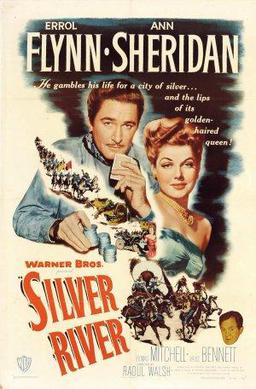galactickat4240
Senior Member

Wild fisheries - Wikipedia
A fishery is an area with an associated fish or aquatic population which is harvested for its commercial value. Fisheries can be marine (saltwater) or freshwater. They can also be wild or farmed.
Wild fisheries are sometimes called capture fisheries. The aquatic life they support is not controlled in any meaningful way and needs to be "captured" or fished. Wild fisheries exist primarily in the oceans, and particularly around coasts and continental shelves. They also exist in lakes and rivers. Issues with wild fisheries are overfishing and pollution. Significant wild fisheries have collapsed or are in danger of collapsing, due to overfishing and pollution. Overall, production from the world's wild fisheries has levelled out, and may be starting to decline.
As a contrast to wild fisheries, farmed fisheries can operate in sheltered coastal waters, in rivers, lakes and ponds, or in enclosed bodies of water such as tanks. Farmed fisheries are technological in nature, and revolve around developments in aquaculture. Farmed fisheries are expanding, and Chinese aquaculture in particular is making many advances. Nevertheless, the majority of fish consumed by humans continues to be sourced from wild fisheries. As of the early 21st century, fish is humanity's only significant wild food source.







